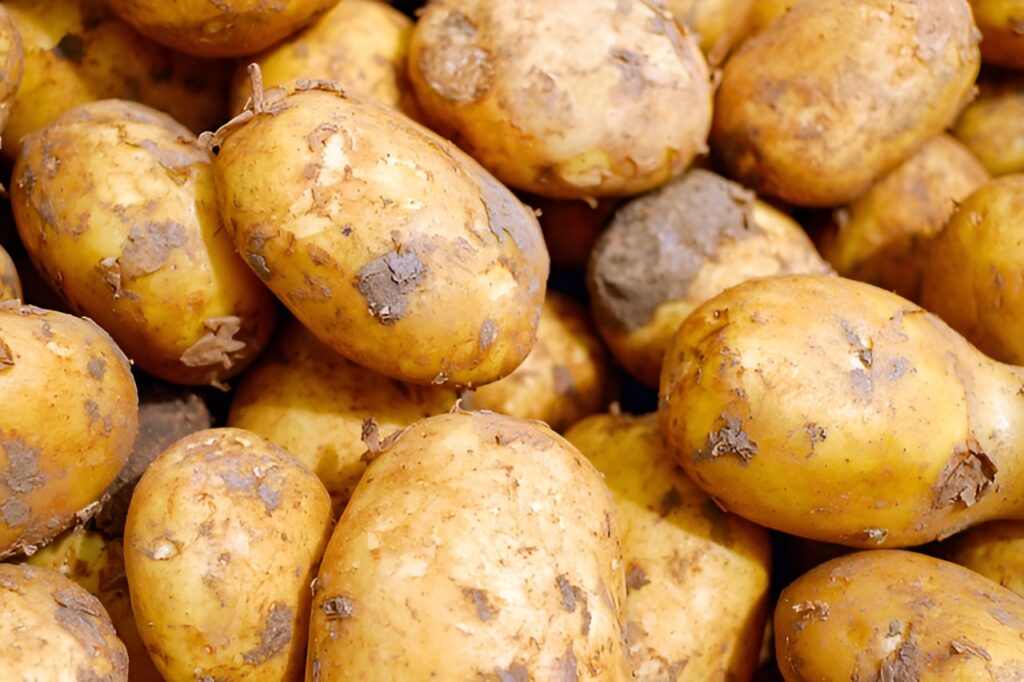Do you love carbs? Well, everyone does. Carbohydrates are the most easy and convenient source of energy that we need on daily basis.
Tiredness, mood swings and belly fat, high BP and Triglycerides are two sides of the same coin called Carbohydrate shock (CS). It occurs when the brain does not receive enough energy, the reason for which is rooted in our diet.
Also, it is one of the most neglected forms of Lifestyle Diseases and treating it on time can give better health and a good physique.
A balanced diet should maintain steady supply of energy, throughout the day, to both the body and the brain. Maintaining a steady supply of energy to the brain is not that easy, due to the following reasons:
- Glucose, also called sugar is the only source of energy to the brain
- 60 % of the sugar in the blood is consumed by it
- There is no storage capacity for sugar in the brain, so sugar needs to be supplied on a continuous basis
Sugar Spikes and Insulin Spikes:
Our food consists of several nutrients including Carbohydrates. After digestion, the carbohydrates enter the blood as glucose, which is also called sugar. Within the cells, sugar becomes energy, but in the blood, it is a toxin that destroys fat, proteins and DNA. Therefore, the body does everything to keep the blood sugar level within a narrow range of 70 to 100 mg/dl or as close to it as possible.
But the quick digesting, carbohydrates laden food, also called ‘sugar like food’, flood the blood with sugar, which causes sugar spike. The body responds to this by pumping disproportionately large quantities of insulin to remove the sugar from the blood as quickly as possible and this causes an insulin spike and subsequent sugar crash.
Sugar Crash:
Steady supply of sugar from a balanced diet elicits steady supply of insulin, which ensures steady supply of sugar to the brain until the next meal. But the insulin spike generated by refined carbohydrates such as white rice and packaged atta and processed carbohydrates like Quick Oats, which together are called ‘sugar like food’, drives the blood sugar level so low that the brain is starved of energy. This is called a sugar crash and the brain exhibits it through symptoms like ‘afternoon burnouts’, mood swings, tiredness etc. To get over the sugar crash, the brain craves for more sugar like foods and the cycle of “sugar like food – sugar spike – insulin spike – sugar crash – cravings – more sugar like foods” begins and this causes belly fat, high BP and Triglycerides, which together are called Pre-Diabetes.
Pre-Diabetes:
The carbohydrate shock shows up as pre diabetes in most people. Also pre diabetes, which can progress to any of the lifestyle diseases (LSDs), ranges from heart attack to stroke besides diabetes, which causes many health problems.
Oxidative Stress:
Higher levels of oxidative stress cause life style diseases (LSDs), which include diabetes, heart ailments and certain forms of cancer. Most of the time, it occurs when the body cannot prevent damage to its cells by the free radicals because of insufficient antioxidants (the free radical killers). The diet that causes carbohydrate shocks also produces more free radicals and has less antioxidant to counter them. Therefore, eating to prevent carbohydrate shocks also corrects oxidative stress, which is a bigger threat to our health than its more irritating symptoms like the afternoon burnout.
Here’s how we can help:
- We help you identify aspects that could cause carbohydrate shocks or insulin spikes and therefore fatigue, possible mood swings etc
- We recommend alternate foods that reduce the conditions and transition you into a healthy active lifestyle
